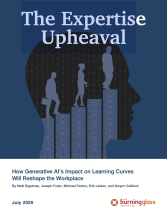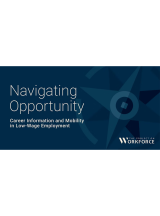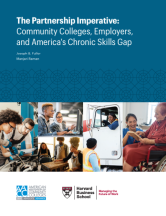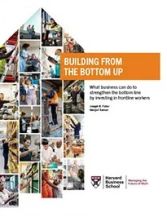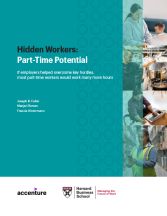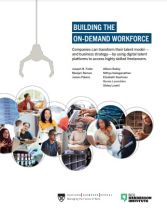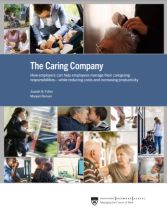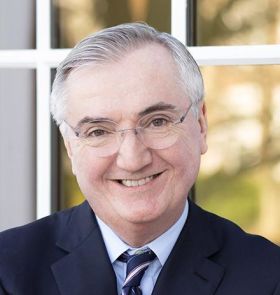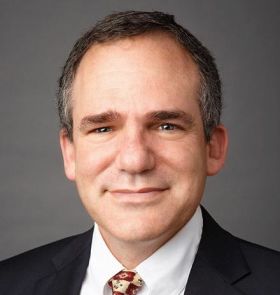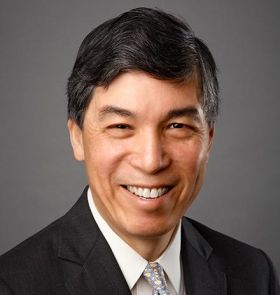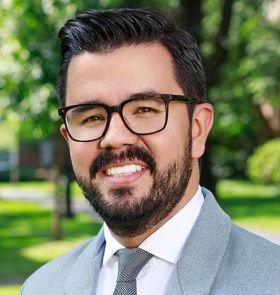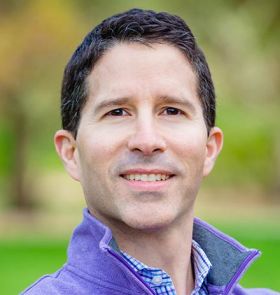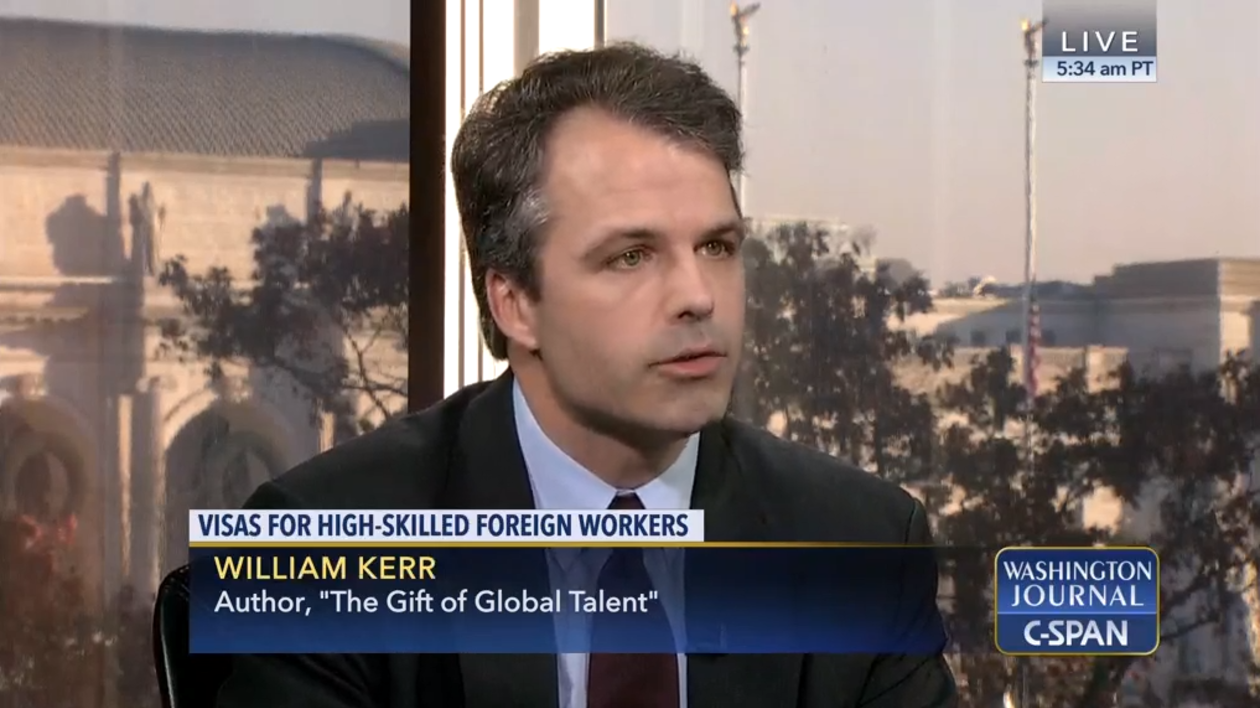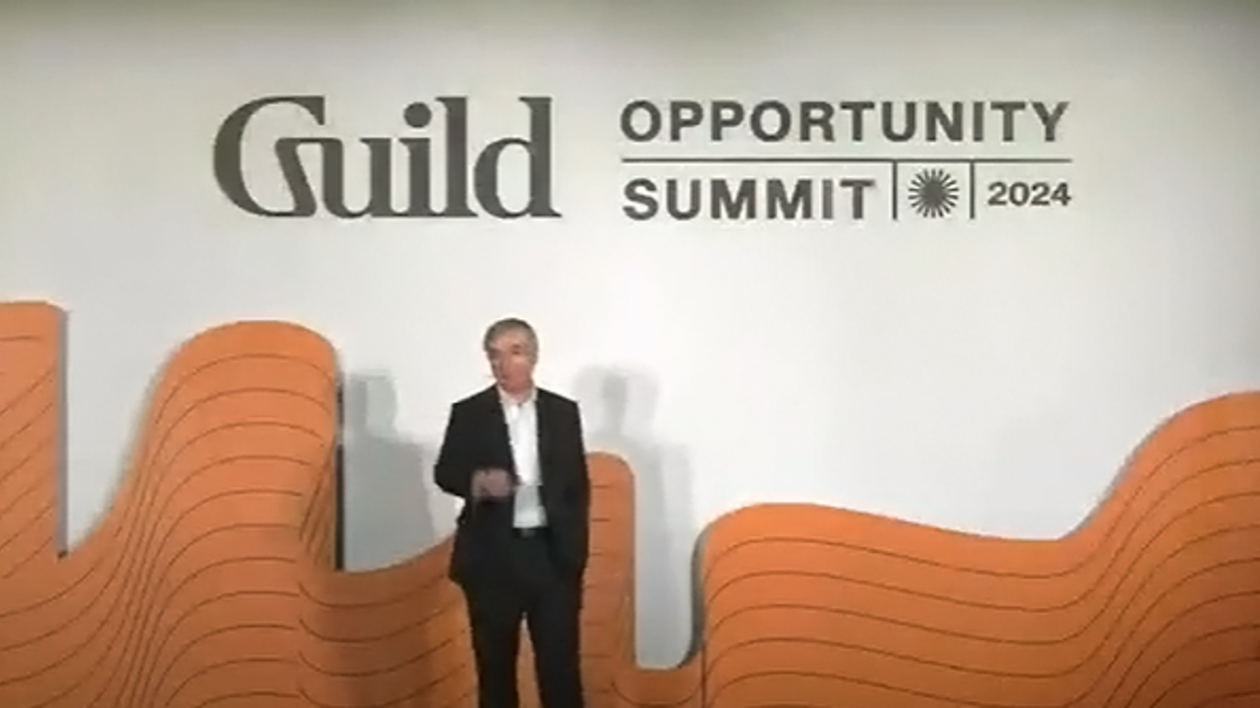Spotlight
.jpg)
How web data is fueling the robot revolution
- 01 OCT 2025 | MANAGING THE FUTURE OF WORK
Bright Data's Or Lenchner on the evolving ground rules for harnessing the web's data.
Charting the boundaries of fair use in training AI systems and robots. Also, the data
gathering and analytics workforce.
Bright Data's Or Lenchner on the evolving ground rules for harnessing the web's data.
Charting the boundaries of fair use in training AI systems and robots. Also, the data
gathering and analytics workforce.
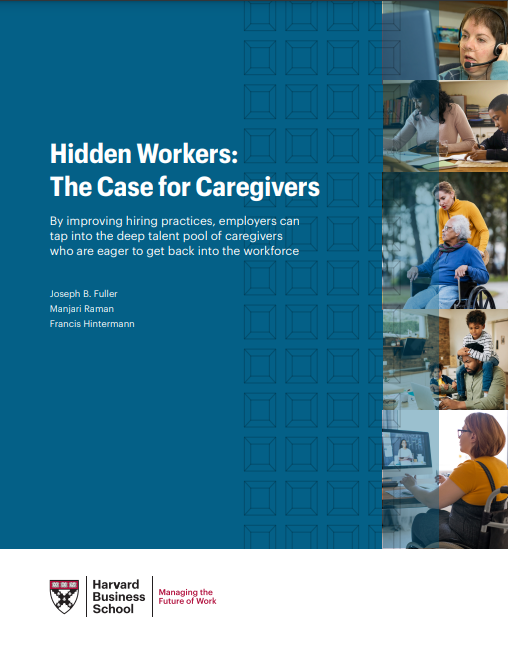
Hidden Workers: Caregivers
By: Joseph B. Fuller, Manjari Raman, & Francis Hintermann
- OCT 2024
Companies have long ignored the caregiving responsibilities of employees, compromising both performance and access to talent. With the rising burden of childcare and eldercare, it's in the best interest of employers to invest in fostering a care culture—one that attracts caregivers on the margins of the workforce and helps current employees succeed.
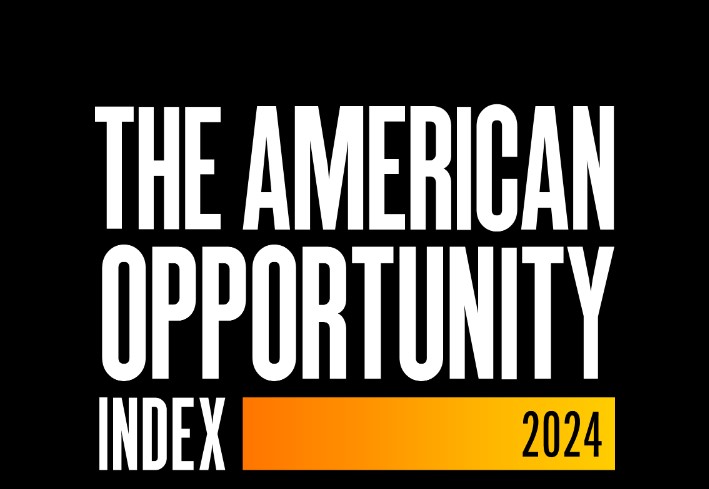
The American Opportunity Index
- OCT 2024
The 2024 American Opportunity Index: The latest evaluation of how well corporate employers promote economic mobility shows that top-ranked firms are much more likely to hire workers without college degrees; pay more than twice than the lowest ranked firms for the same job; and are twice as likely to promote from within. The Index also reveals that more than half of firms promoted less and 4 in 10 hired fewer individuals without a college degree.
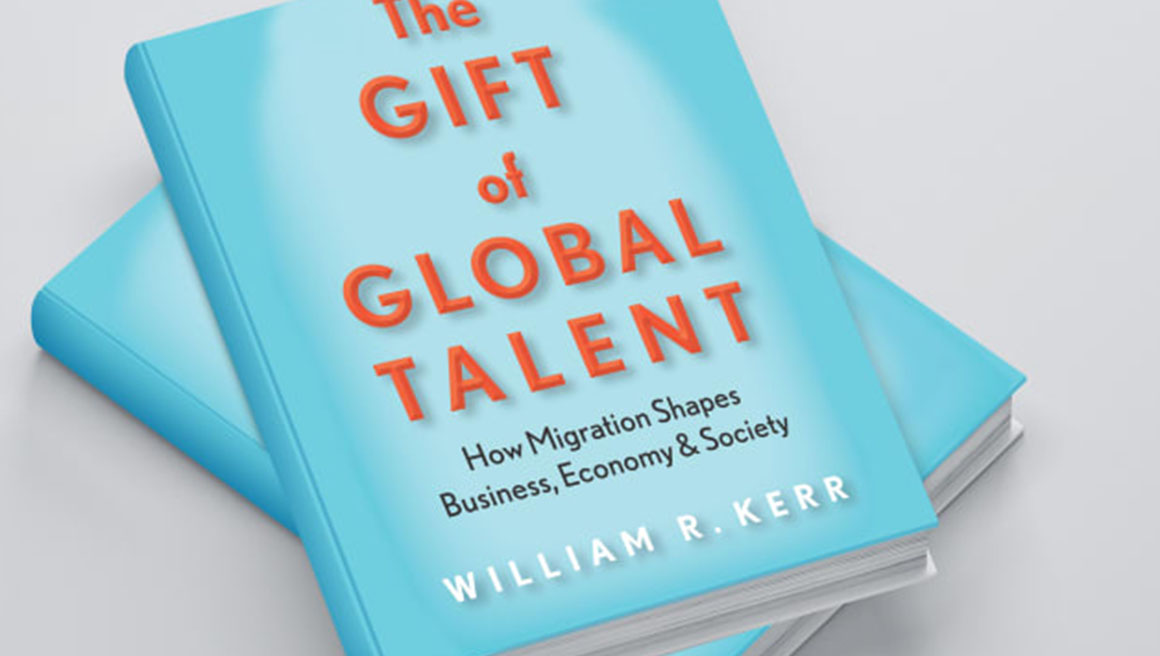
The Gift of Global Talent: How Migration Shapes Business, Economy & Society
By: William R. Kerr
- MAY 2020
The global race for talent is on, with countries and businesses competing for the best and brightest. William R. Kerr combines insights and lessons from business, government, and individual decision making to explore the data and ideas that should drive the next wave of immigration policy and business practice.
Influencer-led brand building: Hairitage and the McKnights
By: William R. Kerr, Daniel O'Connor, & James Palano
- 26 AUG 2024
Mindy McKnight leveraged social media to build a multi-million-dollar business, starting with YouTube hairstyle tutorials in 2009 and expanding into brand sponsorships, licensing, and product ownership. By 2024, she and her twin daughters had amassed over 40 million followers and launched two successful brands. As McKnight prepared to expand her brand into new stores, she faced strategic decisions on sustaining growth and adapting to an evolving social media landscape.
Chime Solutions
By: Shai Bernstein, William R. Kerr, Christopher Stanton, Raymond Kluender, & Mel Martin
- 7 FEB 2024
Chime Solutions, a customer contact firm focused on hiring from underserved communities, faced major challenges when the COVID-19 pandemic forced nearly all employees to work remotely, disrupting its employee-focused model and increasing attrition rates. Meanwhile, the company was growing rapidly but struggled with mounting debt from maintaining facilities in multiple locations. To sustain its mission of uncovering hidden talent, Chime needed to address both its talent retention and financial stability.
Wellthy: The Economics of Caring
By: Joseph B. Fuller & Brian Trelstad
- 28 FEB 2020 (Revised 30 JAN 2024)
In 2014, Lindsay Jurist-Rosner (MBA '09) founded Wellthy to help working professionals coordinate care for loved ones with chronic illnesses or aging parents. Wellthy's growth remained slow until she piloted a B2B product. Jurist-Rosner wondered whether Wellthy should fully pivot from B2C to B2B, how fast she should ramp up the recruitment of care coordinators, and as she looked to raise another round of capital, whether she should position Wellthy as a B Corporation.
Generative AI and the Future of Work
By: Christopher Stanton & Matt Higgins
- 22 DEC 2023
Generative AI seemed poised to reshape the world of work, including the higher-wage, white-collar jobs typically pursued by MBA graduates. Informed by the latest research, this case explores generative AI's potential impacts on work, productivity, value creation, and the labor market.

Fireside Chat - Human Capital: Future Skills for Central Banking
Re: Joseph Fuller
- 16 Sep 2025
- |
- Bank for International Settlements

Overcoming Pushback: Strategies for Successful Return-to-Office Mandates
Re: Joseph Fuller
- 27 Aug 2025
- |
- HR Reporter

